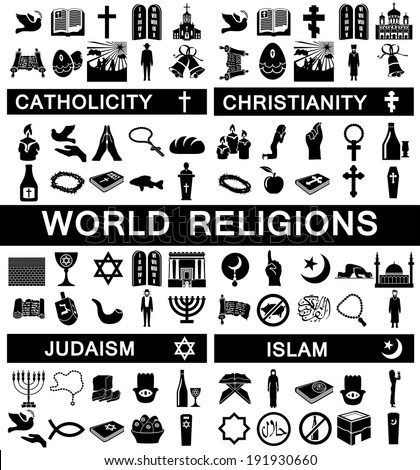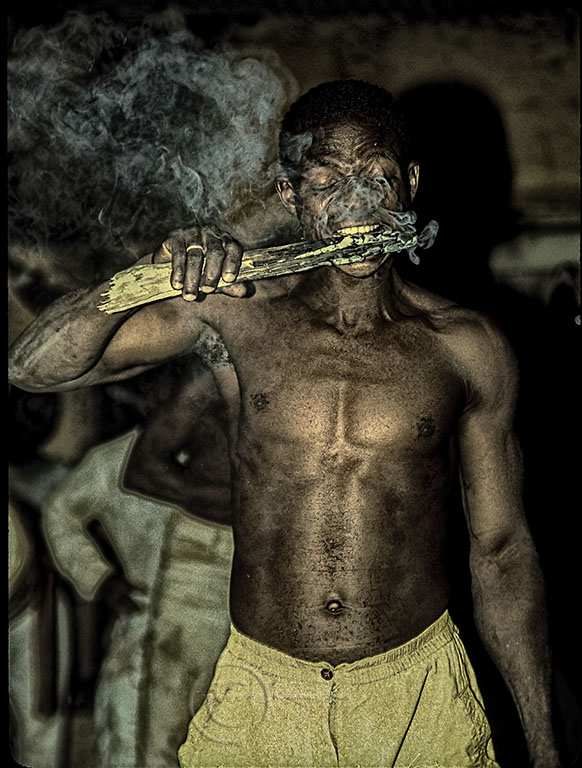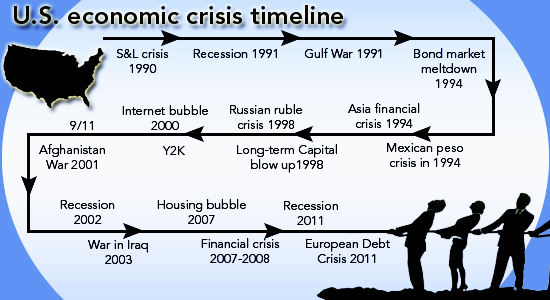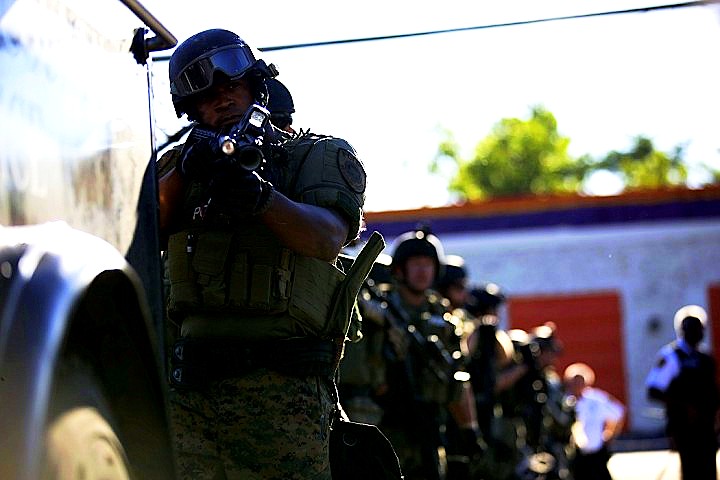Among the most distinguishing features of today’s situation are the
leaps that are occurring in globalization, linked to an accelerating
process of capitalist accumulation in a world dominated by the
capitalist-imperialist system. This has led to significant, and often
dramatic, changes in the lives of huge numbers of people, often
undermining traditional relations and customs. Here I will focus on the
effects of this in the Third World—the countries of Africa, Latin
America, Asia and the Middle East—and the ways in which this has
contributed to the current growth of religious fundamentalism there.

Throughout the Third World people are being driven in the millions each
year away from the farmlands, where they have lived and tried to eke out
an existence under very oppressive conditions but now can no longer do
even that: they are being thrown into the urban areas, most often into
the sprawling shantytowns, ring after ring of slums, that surround the
core of the cities. For the first time in history, it is now the case
that half of the world’s population lives in urban areas, including
these massive and ever-growing shantytowns.
Being uprooted from their traditional conditions—and the traditional
forms in which they have been exploited and oppressed—masses of people
are being hurled into a very insecure and unstable existence, unable to
be integrated, in any kind of “articulated way,” into the economic and
social fabric and functioning of society. In many of these Third World
countries, a majority of the people in the urban areas work in the
informal
economy—for example, as small-scale peddlers or traders, of various
kinds, or in underground and illegal activity. To a significant degree
because of this, many people are turning to religious fundamentalism to
try to give them an anchor, in the midst of all this dislocation and
upheaval.

An additional factor in all this is that, in the Third World, these
massive and rapid changes and dislocations are occurring in the context
of domination and exploitation by foreign imperialists—and this is
associated with “local” ruling classes which are economically and
politically dependent on and subordinate to imperialism, and are broadly
seen as the corrupt agents of an alien power, who also promote the
“decadent culture of the West.” This, in the short run, can strengthen
the hand of fundamentalist religious forces and leaders who frame
opposition to the “corruption” and “Western decadence” of the local
ruling classes, and the imperialists to which they are beholden, in
terms of returning to, and enforcing with a vengeance, traditional
relations, customs, ideas and values which themselves are rooted in the
past and embody extreme forms of exploitation and oppression.
Where Islam is the dominant religion—in the Middle East but
also countries such as Indonesia—this is manifested in the growth of
Islamic fundamentalism. In much of Latin America, where Christianity,
particularly in the form of Catholicism, has been the dominant religion,
the growth of fundamentalism is marked by a situation where significant
numbers of people, in particular poor people, who have come to feel
that the Catholic Church has failed them, are being drawn into various
forms of protestant fundamentalism, such as Pentecostalism, which
combines forms of religious fanaticism with a rhetoric that claims to
speak in the name of the poor and oppressed. In parts of Africa as well,
particularly among masses crowded into the shantytown slums, Christian
fundamentalism, including Pentecostalism, has been a growing phenomenon,
at the same time as Islamic fundamentalism has been growing in other
parts of Africa.

But the rise of fundamentalism is also owing to major political
changes, and conscious policy and actions on the part of the
imperialists in the political arena, which have had a profound impact on
the situation in many countries in the Third World, including in the
Middle East. As one key dimension of this, it is very important not to
overlook or to underestimate the impact of the developments in China
since the death of Mao Tsetung and the complete change in that country,
from one that was advancing on the road of socialism to one where in
fact capitalism has been restored and the orientation of promoting and
supporting revolution, in China and throughout the world, has been
replaced by one of seeking to establish for China a stronger position
within the framework of world power politics dominated by imperialism.
This has had a profound effect—negatively—in undermining, in the shorter
term, the sense among many oppressed people, throughout the world, that
socialist revolution offered the way out of their misery and in
creating more ground for those, and in particular religious
fundamentalists, who seek to rally people behind something which in
certain ways is opposing the dominant oppressive power in the world but
which itself represents a reactionary worldview and program.
This phenomenon is reflected in the comments of a “terrorism
expert” who observed about some people recently accused of terrorist
acts in England that, a generation ago, these people would have been
Maoists. Now, despite the fact that the aims and strategy, and the
tactics, of genuine Maoists—people guided by communist ideology—are
radically different from those of religious fundamentalists and that
communists reject, in principle, terrorism as a method and approach,
there is something real and important in this “terrorism expert’s”
comments: a generation ago many of the same youths and others who are,
for the time being, drawn toward Islamic and other religious fundamentalism, would instead have been drawn toward the radically
different, revolutionary pole of communism. And this phenomenon has been
further strengthened by the demise of the Soviet Union and the
“socialist camp” that it headed. In reality, the Soviet Union had ceased
to be socialist since the time, in the mid-1950s, when revisionists
(communists in name but capitalists in fact) seized the reins of power
and began running the country in accordance with capitalist principles
(but in the form of
state capitalism and with a continuing “socialist” camouflage). But by the 1990s, the leaders of the Soviet Union began to
openly
discard socialism, and then the Soviet Union itself was abolished and
Russia and the other countries that had been part of the Soviet “camp”
abandoned any pretense of “socialism.”

All this—and, in relation to it, a relentless ideological offensive
by the imperialists and their intellectual camp followers—has led to the
notion, widely propagated and propagandized, of the defeat and demise
of communism and, for the time being, the discrediting of communism
among broad sections of people, including among those restlessly
searching for a way to fight back against imperialist domination,
oppression and degradation.
2
But it is not only communism that the imperialists have
worked to defeat and discredit. They have also targeted other secular
forces and governments which, to one degree or another, have opposed, or
objectively constituted obstacles to, the interests and aims of the
imperialists, particularly in parts of the world that they have regarded
as of strategic importance. For example, going back to the 1950s, the
U.S. engineered a coup that overthrew the nationalist government of
Mohammad Mossadegh in Iran, because that government’s policies were
viewed as a threat to the control of Iran’s oil by the U.S. (and
secondarily the British) and to U.S. domination of the region more
broadly. This has had repercussions and consequences for decades since
then. Among other things, it has contributed to the growth of Islamic
fundamentalism and the eventual establishment of an Islamic Republic in
Iran, when Islamic fundamentalists seized power in the context of a mass
upheaval of the Iranian people in the late 1970s, which led to the
overthrow of the highly repressive government of the Shah of Iran, who
had been backed and in fact maintained in power by the U.S. since the
ouster of Mossadegh.
In other parts of the Middle East, and elsewhere, over the past several
decades the imperialists have also consciously set out to defeat and
decimate even nationalist secular opposition; and, in fact, they have at
times consciously fed the growth of religious fundamentalist forces.
Palestine is a sharp example of this: Islamic fundamentalist forces
there were actually aided by Israel—and the U.S. imperialists, for whom
Israel acts as an armed garrison—in order to undermine the more secular
Palestine Liberation Organization. In Afghanistan, particularly during
the Soviet occupation of that country in the 1980s, the U.S. backed and
provided arms to the Islamic fundamentalist Mujahadeen, because it was
recognized that they would be fanatical fighters against the Soviets.
Other forces, including not only more secular nationalists but Maoists,
opposed the Soviet occupation and the puppet governments it installed in
Afghanistan, but of course the Maoists in particular were not supported
by the U.S., and in fact many of them were killed by the “Jihadist”
Islamic fundamentalists that the U.S. was aiding and arming.

.jpg)













 ABUBAKAR Shekau has released an audio message in which he denied ever being replaced as the Boko Haram leader.
ABUBAKAR Shekau has released an audio message in which he denied ever being replaced as the Boko Haram leader.












